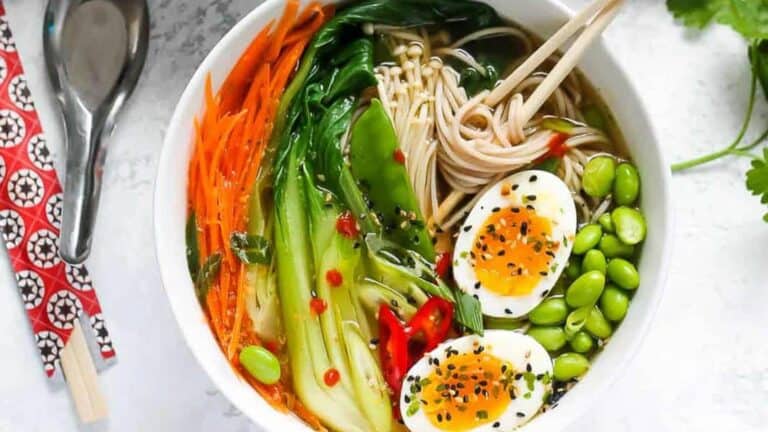What Is A Plant Based Diet? And Why Should I care?
The term “plant-based diet” is everywhere these days. Perhaps your doctor has recommended that you eat a plant-based diet, or you have seen the term frequently in articles, or it is coming up in discussions amongst friends. But what does it really mean? Many people mistakenly believe that it is the same as a vegan diet, but it is not.
This article explains what a plant-based diet is, and why it is considered beneficial. And don’t miss our 26 Plant-Based Recipes For People Who Hate Vegetables
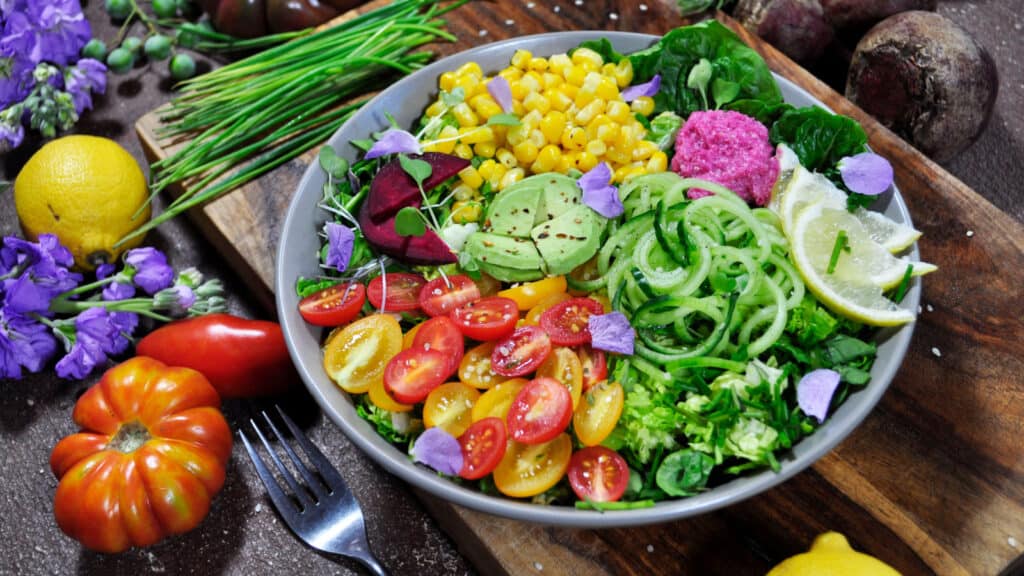
Plant-Based Diet Defined
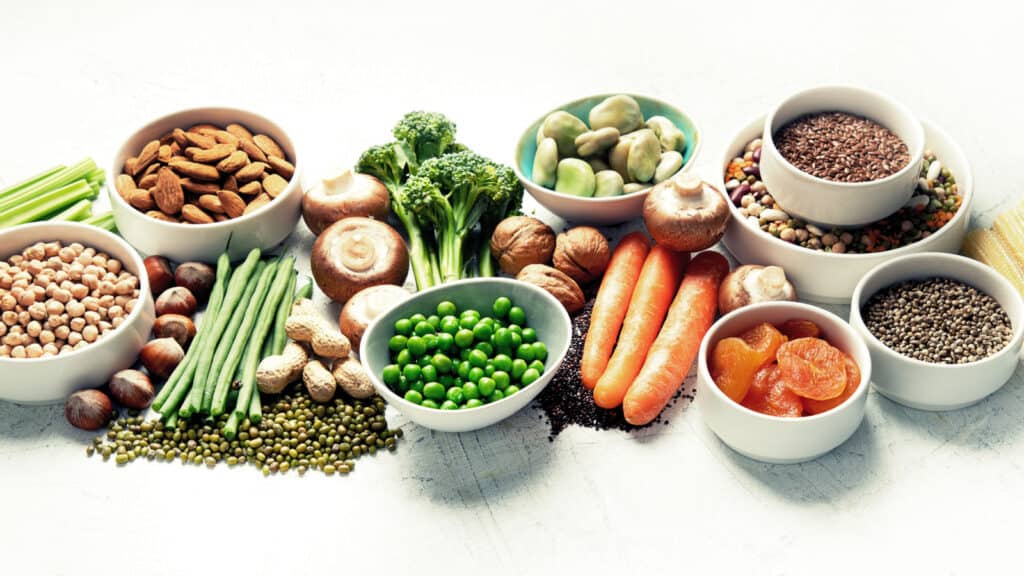
Plant-based diets revolve around consuming mainly plant-derived foods such as fruits, vegetables, legumes, nuts, seeds, and whole grains. It is not, however, a vegan diet.
Eating a higher proportion of foods from plant sources compared to animal sources has been shown to provide long-term health benefits for your heart, metabolism, and digestion – and you don’t have to be vegan or vegetarian to reap these rewards.
What Is A Vegan Diet?
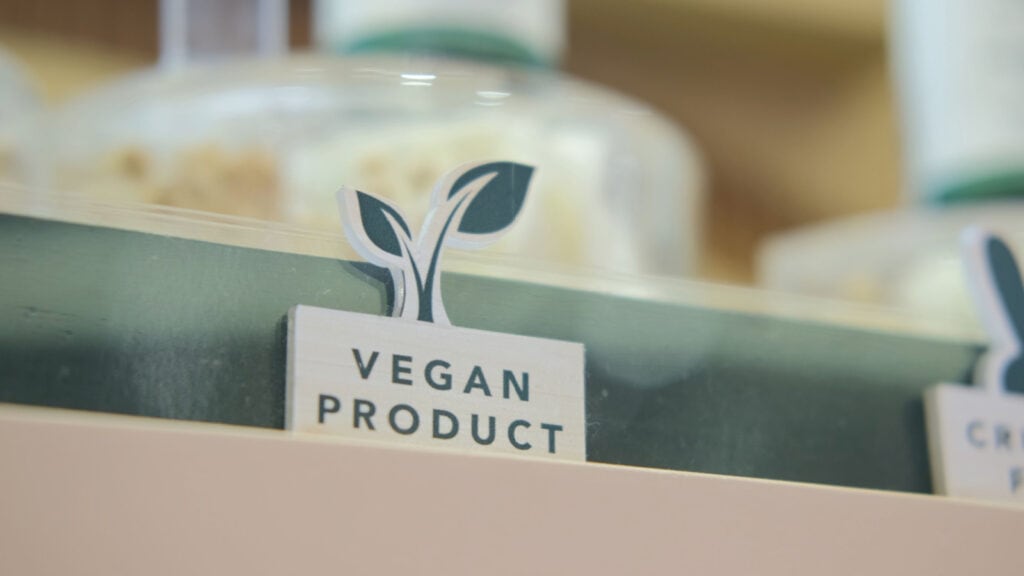
A vegan diet avoids all animal based foods, some of which are obvious, such as meats, poultry, and fish, but vegan diets also avoid dairy products, eggs, and even honey.
A Plant-Based Diet Can Be Varied
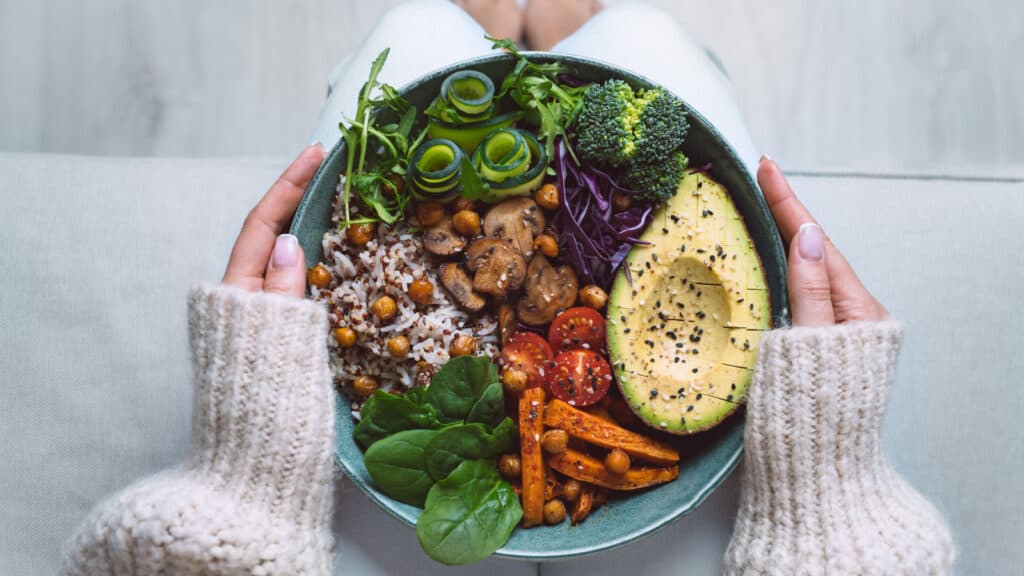
A plant-based diet can be broader and more varied than a vegan diet and include animal products. Some people refer to this as “flexitarian”. The key here is to eat mostly plants, most of the time, over a long period of time.
A plant-based diet is not vegan, vegetarian, a raw diet, or even strict! It encompasses quite a lot of choices.
How Do I Eat Plant-Based?

You can be a plant-based eater and still enjoy your mom’s legendary chicken pot pie on occasion. To consider yourself plant-based, all you have to do is consciously ensure that you’re getting more fruits, vegetables, leafy greens, whole grains, beans, seeds, fresh herbs, and legumes than animal products in your overall eating pattern.
Protein & The Plant-Based Diet
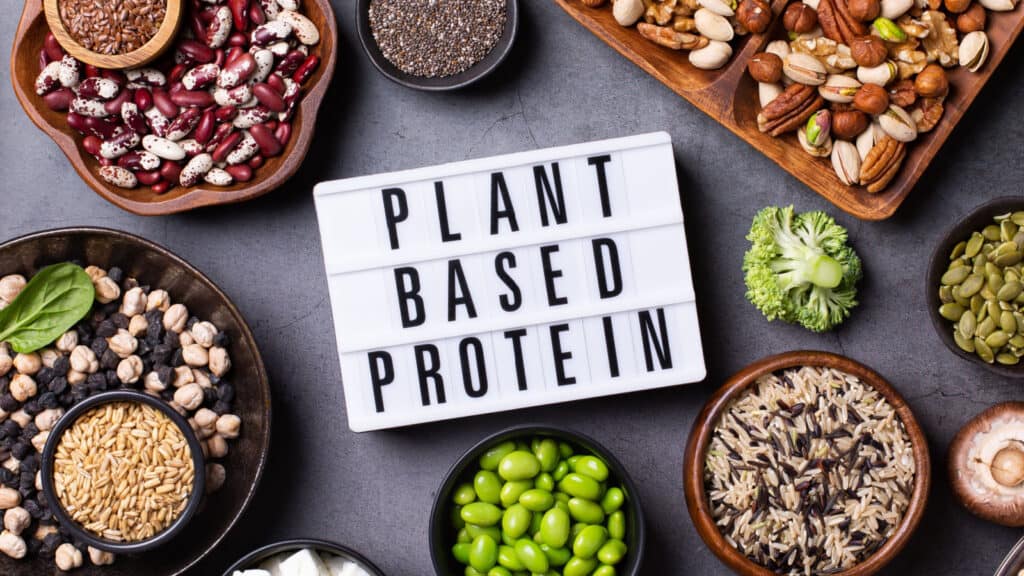
A question often asked when someone is considering a plant-based diet is, what can I eat for protein? First, remember that animal sourced proteins are excellent sources of bioavailable protein, and you can incorporate some into a plant-based diet.
For plant-based proteins, look to legumes, pulses, grains, nuts, and soy base proteins. Some to consider are:
- Quinoa
- Edamame
- Tofu and tempeh
- Peanuts
- Chia seeds
- Lentils, chickpeas, mung beans, to name just a few.
B12 & Plant-Based Eating

Vitamin B12 is a water-soluble vitamin and is necessary for healthy blood cells, nerve cells, and DNA synthesis. Vitamin B12 is naturally found in animal-derived foods; plant foods do not naturally contain B12, but they can be fortified with highly bioavailable sources of the vitamin. To ensure that you are getting the Recommended Daily Intake of B12, include the following sources in your plant-based diet:
- Nutritional yeast
- Fortified cereals
- Fortified plant milks
- Fortified tofu
It is possible to meet your B12 needs with the above-mentioned plant-foods. If your plant-based diet includes animal products, small serves of beef, fish, shellfish, or dairy can also help you meet your daily B12 needs.
The Point of Plant-Based

The point of a plant-based diet is to focus more on plant-based foods, but not necessarily eliminate others. There are nutritional as well as ecological benefits to eating more plant-based foods.
Benefits of Plant-Based Diets: Improved Nutrition

Plant-based diets are rich in essential nutrients such as fiber, vitamins, minerals, and antioxidants found abundantly in fruits, vegetables, legumes, nuts, seeds, and whole grains. These nutrients are vital for overall health, including supporting digestion, immune function, and cardiovascular health.
Reduced Risk of Chronic Diseases

Studies have shown that plant-based diets can lower the risk of chronic diseases such as heart disease, diabetes, and certain types of cancer. This is attributed to the high levels of antioxidants and phytonutrients found in plant foods, which have protective effects against cellular damage and inflammation.
Environmental Sustainability

Plant-based diets have a significantly lower environmental footprint compared to diets rich in animal products. Animal agriculture is a major contributor to greenhouse gas emissions, deforestation, water pollution, and habitat destruction. By shifting towards plant-based foods, we can reduce the demand for animal products and lessen the environmental strain associated with industrial livestock production.
Conservation of Resources

Plant-based diets require fewer natural resources such as land, water, and energy compared to animal-based diets. Producing plant foods generally requires less land and water, making it a more sustainable option to feed a growing global population. Additionally, plant-based agriculture tends to have lower carbon emissions and pollution levels compared to livestock farming.
Promotion of Biodiversity
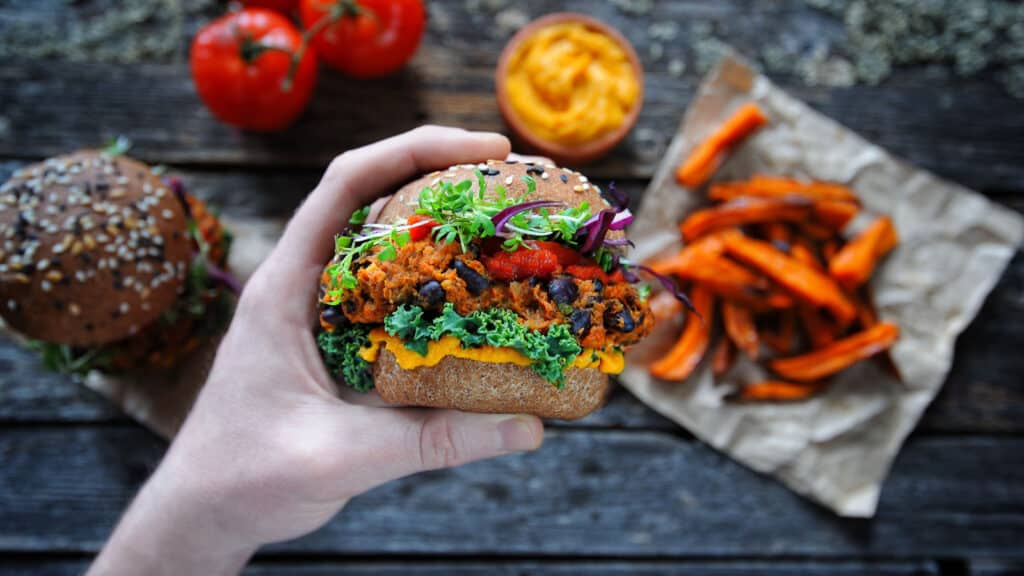
Plant-based diets support biodiversity conservation by reducing the pressure on ecosystems caused by intensive animal agriculture. By diversifying our food sources and relying more on plant-based foods, we can help preserve habitats and protect endangered species.
Building a Balanced Plant-Based Plate
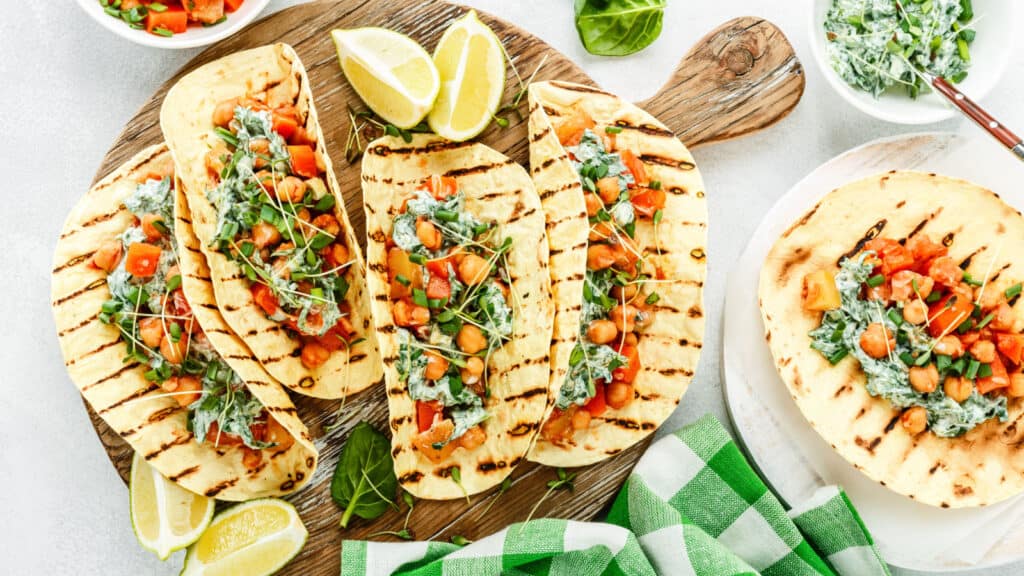
Constructing a balanced plant-based meal involves including a variety of plant proteins, healthy fats, fruits, vegetables, and whole grains. You can still eat animal products, but they will be in smaller amounts, and are not necessary, or at least not at every meal.
Navigating Challenges
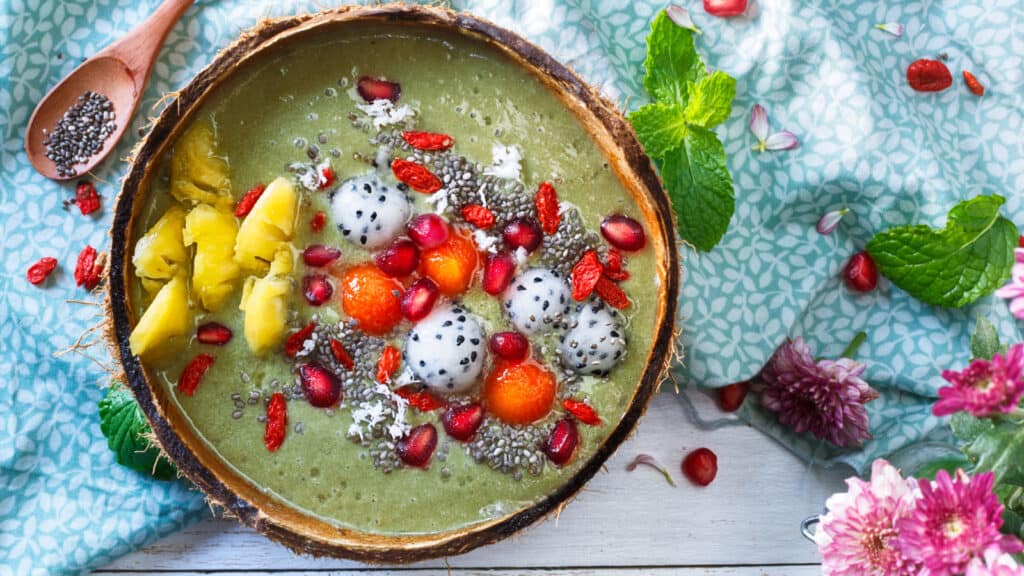
Be mindful of processed foods and prioritize nutrient-dense options to ensure optimal health and well-being. A Registered Dietitian can (and should) guide you with any significant dietary change.
Avoid Highly Processed Foods

There are many highly processed foods that would be considered plant based, but highly processed foods are never recommended for a nutritious dietary approach. Learn to read labels and to understand what all the ingredients are. In other words, just because you do not immediately know what an ingredient is, does not mean it is a concern, but it could be.
Faux Meat Plant-Based Foods
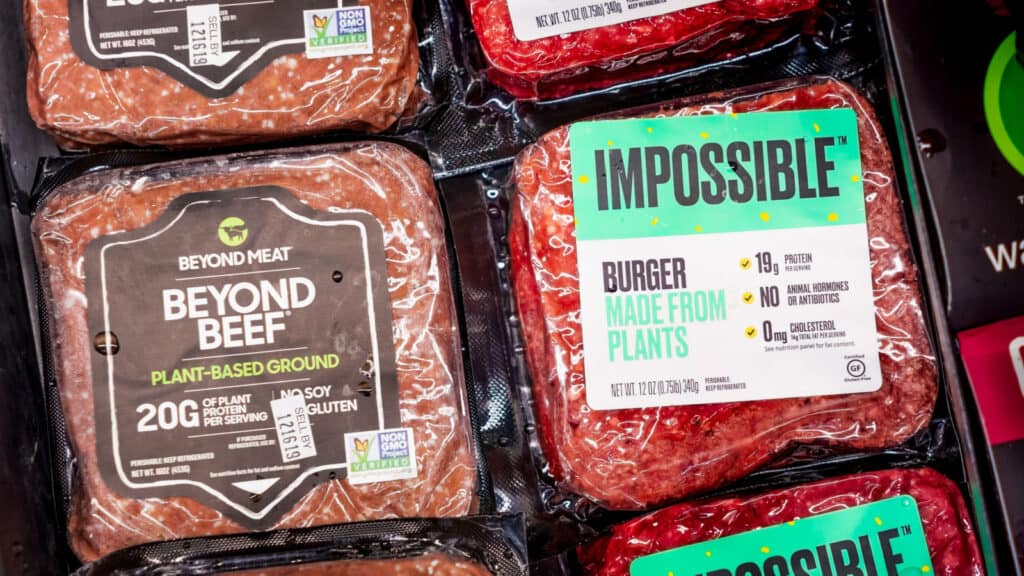
There are some plant-based foods such as faux meat products (also called meat analogues) that have come into question as to whether they are truly nutritionally superior or better for the environment. For instance, check sodium and fat levels compared to their animal-based equivalents, as well as look at GMO (genetically modified) ingredients.
Whether you add these to your diet is up to you but keep up-to-date with current research. There have been several articles detailing that many of the original claims of health and sustainability are not what they appear to be.
Whole-Food, Plant-Based Diet

There is a dietary approach referred to as Whole Food Plant Based or WFPB. It is “centered on whole, unrefined, or minimally refined plant foods and excludes or minimizes meat, dairy products, eggs, and highly refined foods such as bleached flour, refined sugar, and oil”.
This is an example of a plant-based approach which would not include faux foods such as Impossible Burgers or Beyond Burgers.
Embracing Plant-Based Living

Adopting a plant-based diet can lead to improved health outcomes and environmental stewardship, making it a worthwhile dietary choice. As always, we suggest working with a Registered Dietitian to determine the diet that is best for you.
We all eat every day, and so it is easy to look at food with a non-health lens, but our food choices can be quite impactful upon our physical and mental health, as well as the environment. Food is powerful. Perhaps a plant-based diet could be right for you? Take a look at these 26 Plant-Based Recipes For People Who Hate Vegetables and decide for yourself!
More Food Posts!
You might also be interested in these articles:
- Unlocking the Power of Fermented Foods for Gut Health
- Shake It Up: Crafting the Best Homemade Shakes
- What Is Clean Eating, and Is It A Good Thing?
- 30 Easy Rice Noodle Dishes For Weeknight Dinner
- 22 Easy Recipes for Kids to Make: Learn, Cook, and Have Fun!
- 26 Plant-Based Recipes For People Who Hate Vegetables
- 12 Energy and Time Saving Kitchen Hacks for Effortless Cooking
- This Is Why You Can Eat Bread In Europe Without Bloating But Cannot In The United States
- Creating Irresistible Charcuterie & Cheese Boards
- Umami: The Fifth Taste Sensation
- Perfecting Crispy Oven-Baked Fries
- 22 Easy Light Dishes That Satisfy Even Big Appetites
- 24 Decadent, Outrageously Delicious Gluten-Free Chocolate Desserts
- Baking Nostalgia: 22 Must-Try Copy-Cat Recipes of Girl Scout Classics
- Why Are Girl Scout Cookies So Beloved?
- Demystifying Food Product Date Labels: What ‘Use By,’ ‘Expiration,’ ‘Sell By,’ and ‘Best If Used By’ Really Mean
- This Kitchen Tool Makes You A Better Cook







